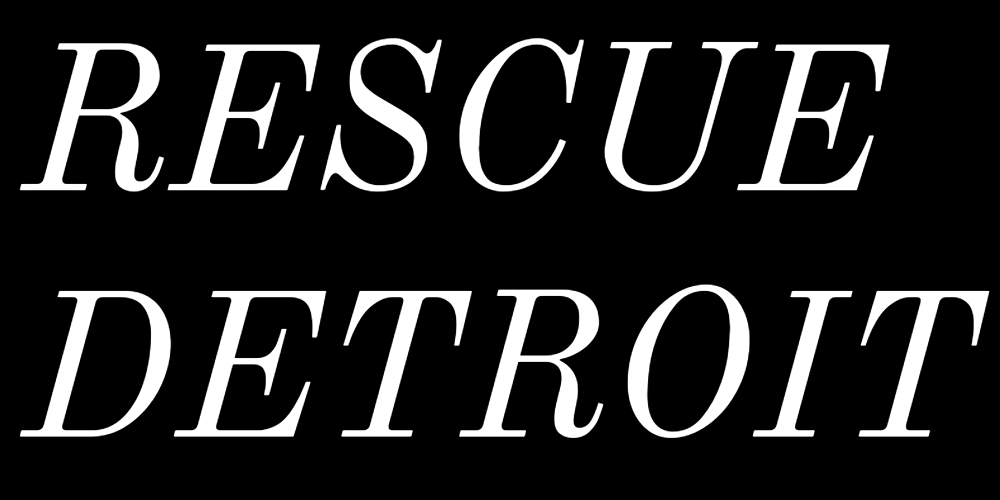

contact us via email: info@league.vip
MISSION STATEMENT
To empower and uplift the city of Detroit by revitalizing communities, transforming public systems, promoting economic growth, and restoring hope through faith-driven and people-centered initiatives.
VISION STATEMENT
A unified, revitalized Detroit where every person has access to quality education, fair policing, dignified housing, economic opportunity, and the spiritual and social support needed to thrive.
TOP COMPANIES TO WORK FOR IN DETROIT
CHEAP CARS FOR SALE IN DETROIT
CHEAP HOUSES FOR SALE IN DETROIT
REALTOR.COM HOMES FOR SALE IN DETROIT
THE CHURCH OF JESUS CHRIST OF LATTER-DAY SAINTS DETROIT
STRATEGIC GOALS AND FOCUS AREAS
1. 🏚 Urban Renewal & Infrastructure Development
- Reclaim and renovate abandoned properties into livable homes, business hubs, and green spaces.
- Launch a “Block by Block” renewal campaign to improve roads, sidewalks, lighting, and access to utilities.
- Invest in public transit and sustainable infrastructure to connect residents to jobs, schools, and services.
- Establish community hubs in vacant lots with Wi-Fi, gardens, and resources for youth and seniors.
2. 📚 Education Reform & Youth Development
- Partner with Detroit Public Schools to improve curriculum quality, teacher pay, and classroom conditions.
- Offer funding for arts, STEM, literacy, and vocational programs in underperforming schools.
- Create a “Detroit Youth Promise” mentorship and college-readiness pipeline from middle school through college or trade school.
- Invest in school safety, mental health counseling, and family support services.
3. 👮 Police Reform, Funding, & Public Safety
- Promote community policing models that build trust between law enforcement and neighborhoods.
- Establish civilian oversight boards to ensure transparency and accountability in police conduct.
- Train officers in de-escalation, cultural competency, and trauma-informed response.
- Encourage hiring of Detroit residents as officers to foster local connection and reduce tension.
To make Detroit a safer city by increasing police presence, improving response times, restoring community trust, and reducing crime through a balanced approach that combines greater police funding, strategic hiring, professional training, and public accountability.
🔹 1. Increase Police Funding Strategically
Allocate additional resources to modernize Detroit Police Department (DPD) equipment, technology, and infrastructure.
Expand funding for officer wellness programs (mental health, PTSD, family support).
Invest in real-time crime centers, surveillance, and data-driven policing to improve response times and solve cases faster.
🔹 2. Hire More Officers with a Focus on Quality & Diversity
Launch a Detroit Officer Recruitment Campaign to hire at least 500+ new officers over the next five years.
Prioritize recruiting Detroit residents, especially from underrepresented communities.
Offer signing bonuses, tuition reimbursement, and housing assistance to attract and retain top candidates.
Partner with local colleges and military veteran programs to create direct career pipelines.
🔹 3. Implement Advanced, Mandatory Police Training
Require ongoing training in:
De-escalation and conflict resolution
Mental health and substance crisis response
Implicit bias and cultural sensitivity
Constitutional rights and procedural justice
Establish partnerships with local universities and legal experts to co-lead training initiatives.
🔹 4. Build Community-Police Partnerships
Launch a “Know Your Officer” program to assign dedicated officers to specific neighborhoods and encourage consistent, positive interactions with residents.
Host monthly community safety forums co-led by police, residents, and community leaders.
Establish neighborhood-based substations and police-led youth mentorship programs.
Encourage officers to volunteer in local schools, churches, and nonprofits.
🔹 5. Strengthen Accountability & Transparency
Support the formation of a Civilian Oversight Commission with the power to review use-of-force incidents and internal investigations.
Require body-worn cameras for all officers and ensure footage is reviewed regularly and shared transparently in high-profile incidents.
Create a Public Safety Dashboard to report data on stops, arrests, complaints, and community satisfaction.
🔹 6. Integrate Law Enforcement with Violence Prevention Programs
Partner with community organizations to support violence interrupter programs, gang disengagement, and reentry services for ex-offenders.
Create co-responder teams pairing officers with mental health professionals for non-violent crisis calls.
Expand the role of school resource officers trained in youth engagement and restorative justice.
🔹 Expected Outcomes
40% reduction in violent crime in key districts within five years.
500+ new officers hired and trained, with at least 50% from Detroit ZIP codes.
Dramatically improved emergency response times across the city.
Measurable increases in public trust and neighborhood-police cooperation.
4. ✝️ Faith and Church Growth
- Partner with local churches to expand community outreach, food distribution, youth programs, and crisis counseling.
- Support the rehabilitation and construction of church facilities as centers of healing and leadership.
- Launch an “Adopt-a-Block” program where churches serve specific neighborhoods with regular engagement.
- Create leadership programs for faith leaders to collaborate across denominations and serve civic needs.
5. 🏘 Housing Access & Stability
- Launch a “Homes for Detroit” initiative to help low-income families access affordable, safe housing.
- Create rent-to-own programs using rehabilitated properties and offer low-interest loans for homebuyers.
- Work with land banks and city officials to prevent displacement through anti-gentrification policies.
- Provide wraparound services for the homeless including mental health care, job placement, and family reunification.
6. 💵 Universal Basic Income (UBI) Pilot Program
- Launch a pilot UBI program targeting the most economically distressed ZIP codes.
- Provide eligible residents with monthly stipends (e.g. $500–$1,000) with no strings attached for 12–24 months.
- Track outcomes on employment, mental health, and financial stability.
- Use data to advocate for citywide or statewide UBI adoption if results show improvement in quality of life.
7. 💼 Business Development & Economic Growth
- Offer micro-loans, grants, and mentorship to Detroit-based entrepreneurs, especially Black- and women-owned businesses.
- Develop commercial corridors with retail and service businesses in underserved areas.
- Launch vocational training programs aligned with high-demand industries: green energy, construction, logistics, tech, and health care.
- Create a “Detroit Made” branding campaign to promote local products and businesses nationwide.
8. 🕊️ Crime Reduction & Gang Conflict Resolution
- Launch a “Peace Builders” initiative to mediate gang conflicts and transition members into jobs and education.
- Employ credible messengers (ex-gang members, community leaders) to mentor youth and de-escalate violence.
- Partner with police and social workers to create early intervention programs for at-risk teens.
- Invest in recreational centers, arts, and sports programs to offer alternatives to gang involvement.
9. 🤝 Community Empowerment & Civic Engagement
- Create leadership development programs for residents to run neighborhood associations and boards.
- Host monthly community forums to give residents a voice in city plans, policing, schools, and development.
- Offer legal clinics, tenant support, and civic education to protect vulnerable residents’ rights.
- Develop coalitions with other nonprofits, businesses, churches, and public agencies for united impact.
10. 🌿 Environmental Justice & Sustainability
- Expand green jobs through urban farming, recycling, tree-planting, and solar installation.
- Clean up polluted lots and rivers, and invest in climate resilience projects like stormwater systems.
- Educate residents on sustainability and provide incentives for solar panels and energy-efficient homes.
- Turn blighted spaces into parks, gardens, and community markets.
POVERTY IN DETROIT
- Overall Poverty Rate:
- The poverty rate in Detroit is estimated at around 30% of the population, which is significantly higher than the national average of about 12-15%.
- This means that roughly 1 in 3 Detroit residents are living below the poverty line.
- Children Living in Poverty:
- About 50% of Detroit’s children live in poverty, which is a particularly concerning statistic, given the impact of childhood poverty on long-term outcomes like education, health, and employment.
- High Poverty Areas:
- Certain neighborhoods in Detroit, especially on the east side and parts of the southwest, experience even higher rates of poverty, often exceeding 40-50% in some ZIP codes.
- Median Household Income:
- The median household income in Detroit is around $30,000, significantly lower than the national average of about $70,000.
- Racial Disparities:
- Poverty in Detroit is racially disproportionate, with a larger percentage of Black and African American residents living in poverty. Around 80% of Detroit’s population is Black, and poverty rates among Black residents tend to be much higher compared to other racial or ethnic groups.
Poverty’s Impact on Detroit:
- Access to Education: Poverty is closely linked to lower educational attainment, fewer resources for schools, and diminished academic opportunities.
- Healthcare: Many residents in poverty lack access to quality healthcare, contributing to poor health outcomes.
- Housing Instability: High rates of poverty contribute to issues like homelessness, overcrowded housing, and rising rent.
- Unemployment and Underemployment: Poverty is often linked to low-wage jobs or unemployment, leading to cycles of economic instability.
Opportunities for Rescue Detroit:
Addressing poverty in Detroit is a key focus for Rescue Detroit. By tackling systemic barriers and focusing on sustainable economic development, this effort could include:
- Job Training & Employment: Creating job pipelines for Detroit residents in high-demand industries.
- Affordable Housing: Addressing both homelessness and the lack of affordable housing options.
- Education & Skill Building: Offering educational opportunities that lead to higher-paying jobs and financial stability.
- Community Investment: Improving neighborhoods through urban renewal, small business support, and neighborhood partnerships.
- As of the most recent U.S. Census data and estimates, the number of people living in poverty in Detroit is as follows:
- Poverty in Detroit (2020 Census Data)
- Population of Detroit:
- Detroit’s population is around 670,000 people.
- People Living in Poverty:
- Approximately 30% of Detroit’s population lives below the poverty line.
- This translates to about 201,000 people living in poverty in the city.
- Children in Poverty:
- Around 50% of children in Detroit are living in poverty, which amounts to approximately around 70,000–80,000 children based on Detroit’s child population.
MEASURABLE OUTCOMES
Rehabilitate 100,000+ homes and buildings.
Cut violent crime in target areas by 40%.
Launch UBI pilot for 200,000+ residents with full metrics reporting.
Assist 150,000 students with education programs and scholarships.
Create or support 15,000+ small businesses and startups.
Train 30,000+ Detroit residents in policing, teaching, trades, and tech.
Help 3,000+ families move from homelessness to stable housing.
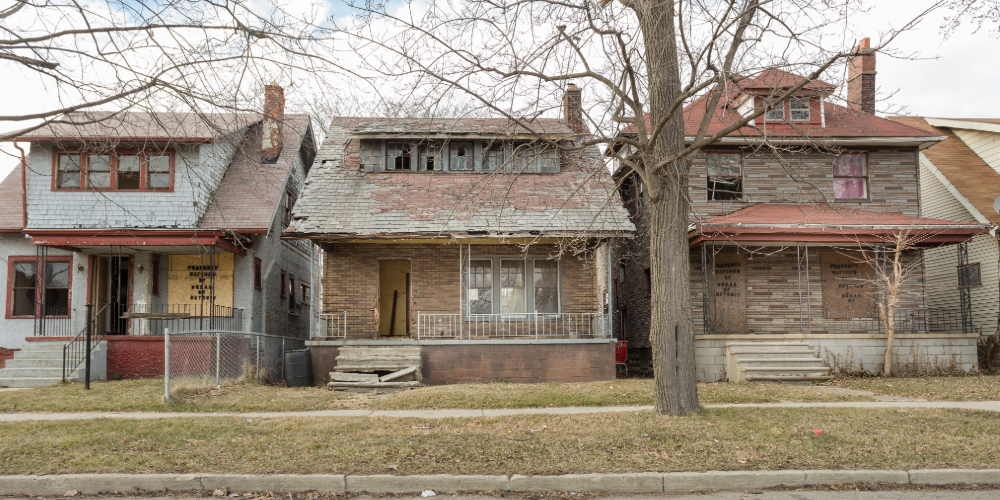
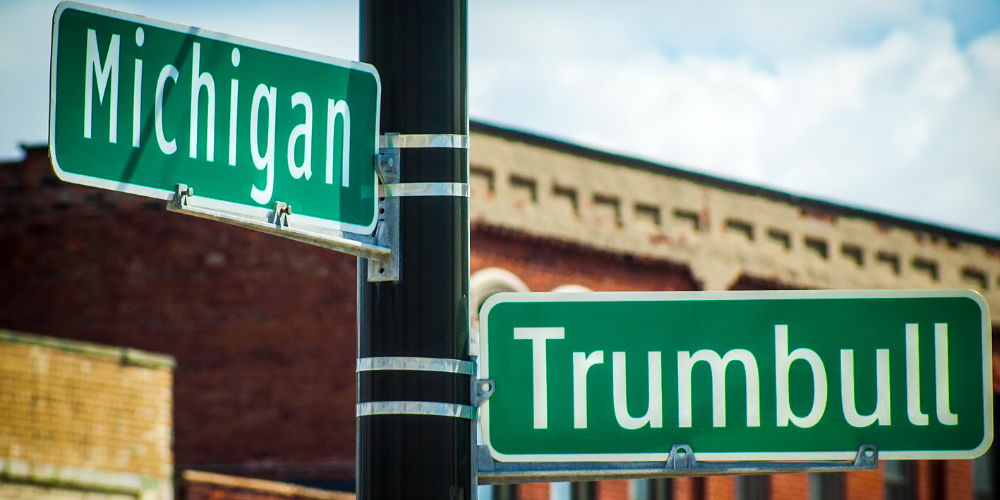
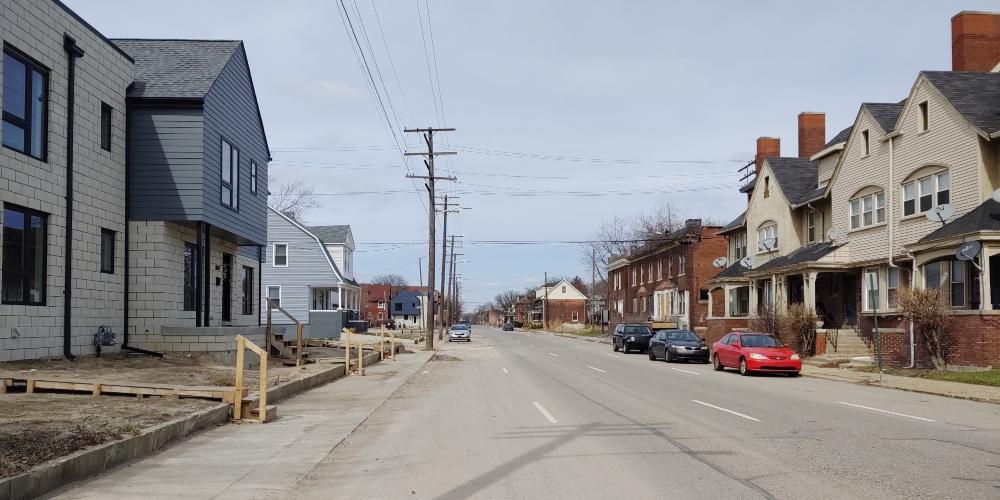
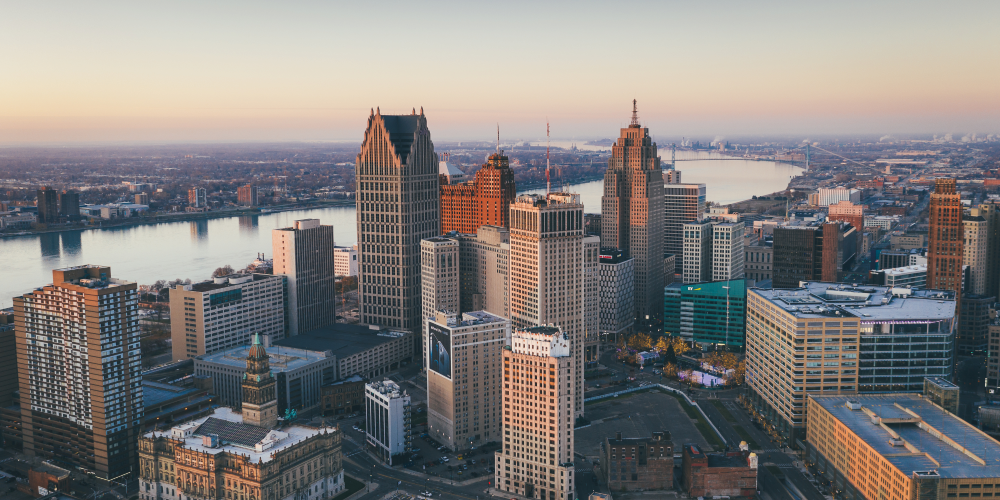

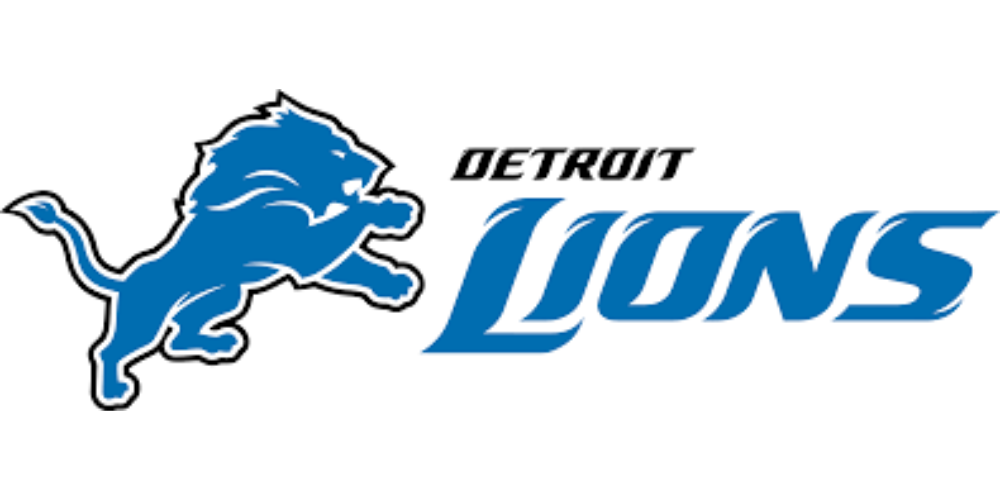
RESCUE DETROIT is a member of the Charity Alliance www.charityalliance.vip which is a member of the League www.league.vip and both are overseen by their founder and President Shawn Westerberg.